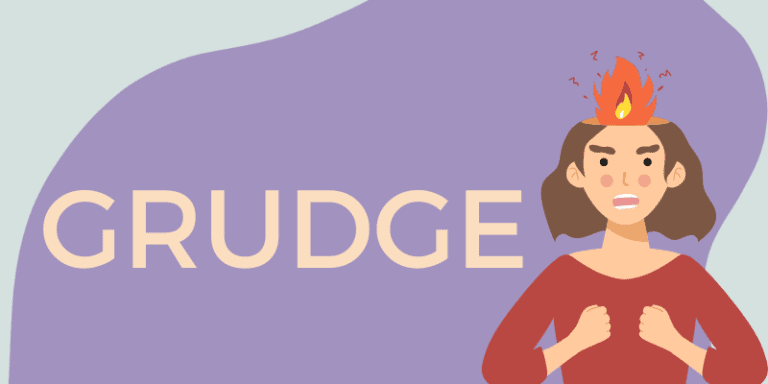How to Use Learnings Correctly
“Learning” is more popular as the present participle of the verb “learn.” But it has been used as a noun since the 18th century. Is it learning or learnings? And is learnings a word? Discover the truth of what these terms mean and where they come from. You’ll also learn …


